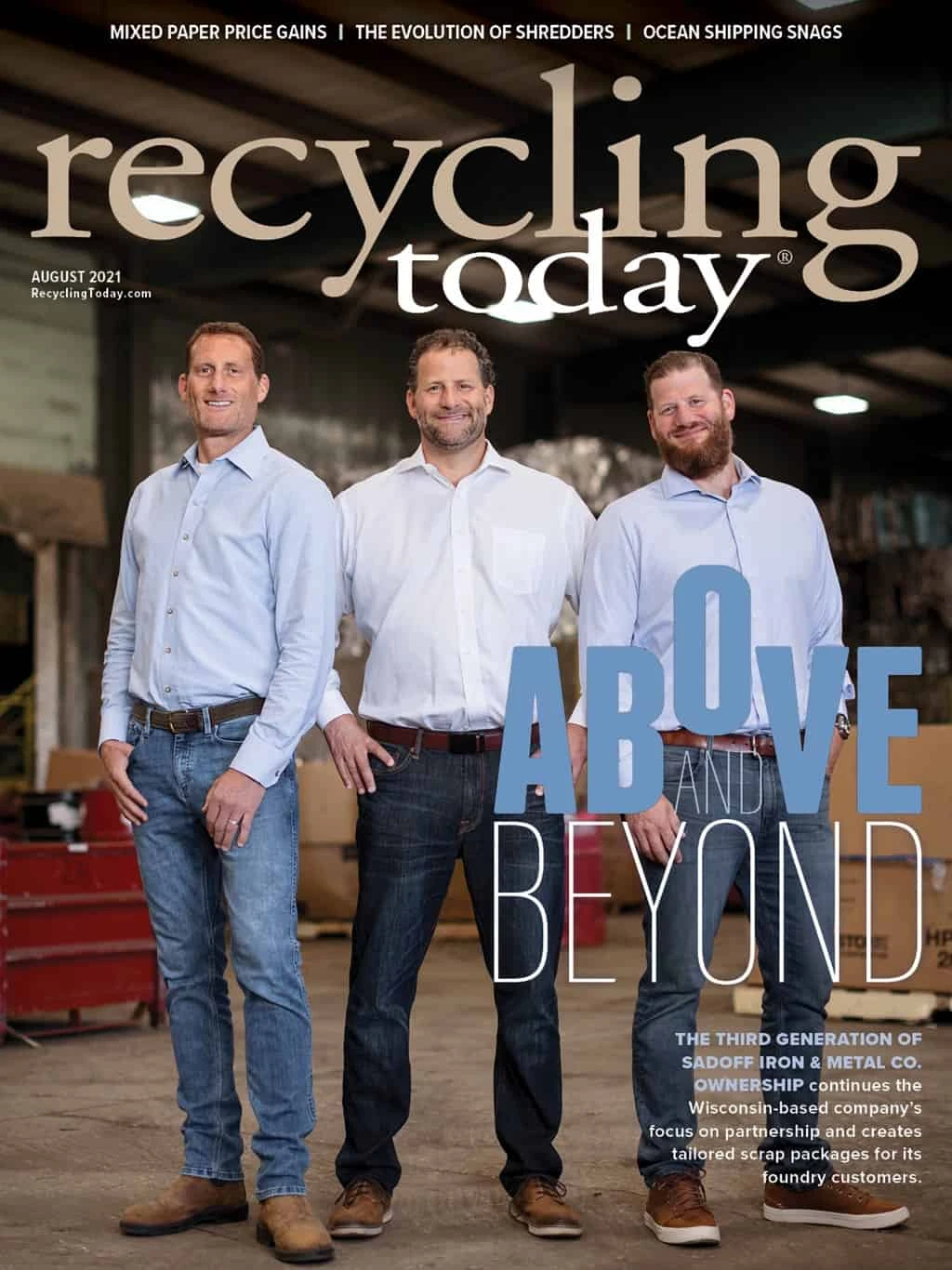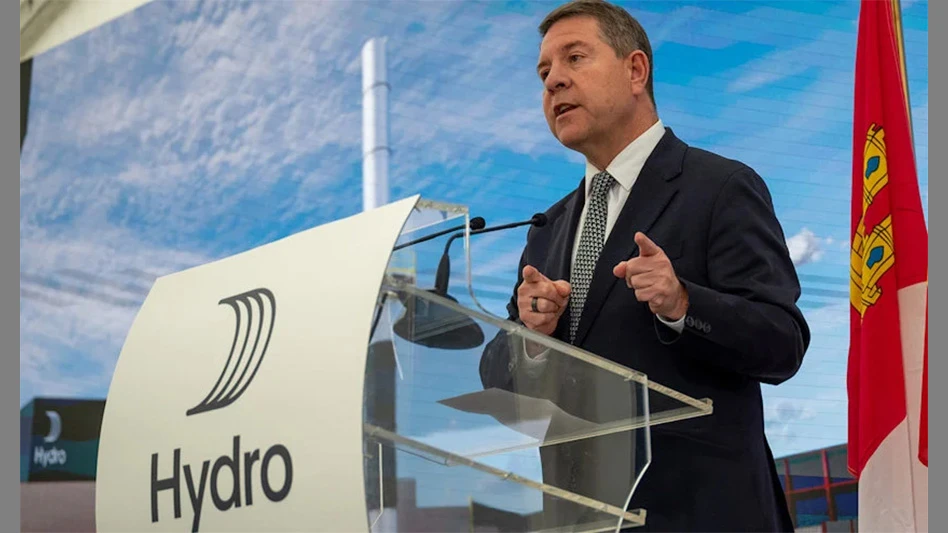Megan O’Connor
Co-Founder and CEO of Nth Cycle

Increasingly, companies across the U.S. and globally have been developing and investing in new technologies and methods to recycle lithium-ion batteries. Nth Cycle, a metals processing technology company based in Boston, is one such company that has been exploring new ways to recycle lithium-ion batteries in recent years.
Megan O’Connor, founder and CEO of Nth Cycle, says she had the idea for the company while she was doing doctoral work for Duke and Yale universities in 2017. She had the opportunity to attend the Green Electronics Summit hosted by Yale University as a scribe. She says heads of research and development for large electronics companies and semiconductor companies were in attendance at that event.
“As I was sitting there taking notes, I kept hearing over and over again how end-of-life waste management, specifically recycling strategies, just weren’t working today,” she says. “Listening to these pain points from these industry folks really sparked a passion in me to use my background in chemistry and environment engineering to develop the technology to try and solve this and create this clean, yet affordable technology to really recover these materials to generate these new supply chains.”
“Listening to these pain points from these industry folks really sparked a passion in me.”
O’Connor changed her doctoral project to help develop a process to affordably and cleanly recover materials from items such as lithium-ion batteries.
Today, Nth Cycle is focused on using electro-extraction technology to recover metals from end-of-life batteries and electronics, low-grade ore and mine tailings. Since its launch, Nth Cycle has secured $3.2 million in funding from investors led by Boston-based Clean Energy Ventures.
O’Connor offers insights on Nth Cycle’s business model and her goals.
Recycling Today (RT): What was it like starting Nth Cycle a few years ago?
Megan O’Connor (MO): I had just defended my Ph.D. a week before my co-founders and I sat down in a bar in Boston and had a beer and decided to start Nth Cycle. The technology showed such promise, even at the bench scale. So back in 2017, we were really focused on recovering rare earth metals—these really critical metals that are in wind turbines and electric vehicles and really all of the clean energy technologies that will truly enable this energy transition that we’re all really striving for. ... We’ve also looked into a wide variety of other materials, like cobalt, nickel and lithium-ion batteries, as well as mine tailings and raw ore.
RT: How does Nth Cycle’s technology differ from what other battery recyclers are currently doing?
MO: How we’re different from the other is that we’re clean, we’re consistent and we’re very low cost. We have a filtration technology—instead of using harsh acids, or very large, dirty furnaces, we can actually pull these metals out in a much cleaner, more efficient way.
RT: What are your goals for Nth Cycle?
MO: Nth Cycle’s vision is really for a world where all the critical materials needed for this energy transition are already in circulation. It’s our mission to truly enable a low-impact, streamlined supply of these minerals for the energy transition with electro-extraction technology. So, I see Nth Cycle as an add-on technology against all of these players in the industry who collect this material or have resources that are currently untapped because of environmental regulation because the existing technologies are too dirty to use as it stands today. So, we can really bring this new technology to help untap all those resources as well as create this new supply chain.
Get curated news on YOUR industry.
Enter your email to receive our newsletters.

Explore the August 2021 Issue
Check out more from this issue and find your next story to read.
Latest from Recycling Today
- Toppoint Holdings expands chassis fleet
- Lego creates miniature tire recycling market
- Lux Research webinar examines chemical recycling timetables
- Plastics producer tracks pulse of wire recycling market
- Republic Services, Blue Polymers open Indianapolis recycling complex
- Altilium produces EV battery cells using recycled materials
- Brightmark enters subsidiaries of Indiana recycling facility into Chapter 11
- Freepoint Eco-Systems receives $50M loan for plastics recycling facility





